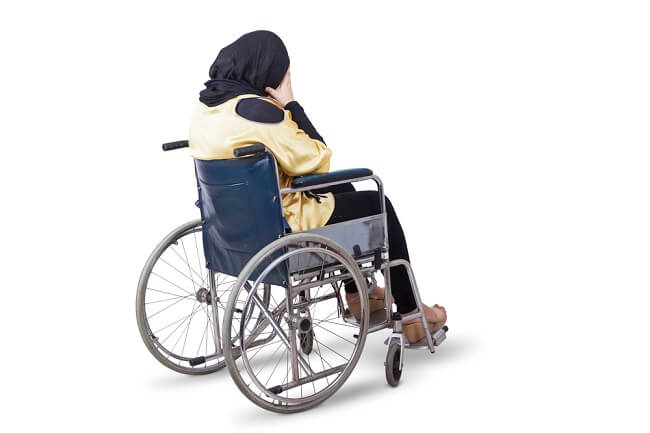When a child has speech abilities that are not optimal or not in accordance with his age, it is likely that he needs speech therapy. Speech therapy is a method that aims to improve speech and understand and express language.
In addition to language that is verbal, speech therapy also includes forms of nonverbal language. To optimize this method, speech therapy will include two things. The first thing to do is to optimize the coordination of the mouth to be able to produce sounds to form words. This oral exercise is also important so that children are able to make sentences, including the ability in articulation, fluency, and adjusting the volume of the voice.

The second thing that will be developed is language understanding and efforts to express language. Not only aimed at speech disorders or understanding language, now speech therapy has also been applied to help treat other conditions such as swallowing disorders.
Disturbance Communication Who Needs Speech Therapy Treatment
Basically, a communication disorder that can happen to a child and requires speech therapy is the disruption of the child's speech ability. Speech disorders that may require speech therapy are:
- Children's fluency which disturbedIncluded in this type of disorder is stuttering. This disorder can be in the form of repetition of syllables or speech that stops at certain letters.
- Disruption of articulation
Namely the difficulty of children in producing sounds or pronounce certain syllables clearly. These two conditions cause the other person who hears to be unable to understand what he is saying.
- Voice ambiguity or resonance
This type of disorder can cause discomfort or pain that occurs when the child speaks. Usually characterized by disturbances in the volume or lack of clarity of the sound that comes out. The disturbance then makes the other person unable to catch the child's words clearly.
In addition to speech-related disorders, speech therapy may also be needed for children who have problems accepting other people's words and expressing language. Disorders of this type include:
- Vocabulary disordersDifficulty putting words together to form sentences. The low number of vocabulary owned and the difficulty of placing the words correctly in a conversation.
- Cognitive impairment
In addition, children also have difficulty communicating due to memory, attention, and perception disorders. In addition to speech therapy, cognitive disorders in children also need to be evaluated by child development experts.
- AutismSpeech therapy may also be needed by children with autism disorders. Autism has the potential to make sufferers experience speech and nonverbal communication disorders. If this is the case, then speech therapy could play a key role in the treatment of autism.
- MutismSometimes, there are children who can talk normally in a place (for example at home), but when at school or in public places, the child does not want to talk to other people at all. There are several possible causes, such as feeling embarrassed, anxious, or because you don't like socializing with other people. This condition is called selective mutism. This condition can be corrected with psychotherapy, as well as speech therapy.
- Difficulty understanding or processing language
Speech therapy is needed when children have difficulty understanding what others are saying, simple commands, and responding to other people's speech. This condition is often experienced by children with auditory processing disorder.
In addition to overcoming language disorders in children, this therapy can be applied to children with certain diseases, such as dysphagia. Dysphagia is a disorder when chewing, swallowing, coughing while eating, choking when eating, and difficulty accepting food.
In order not to be late, parents should anticipate disturbances in children early so that speech therapy can be handled as early as possible. For example, if a child at the age of six months cannot pronounce vowel sounds, it is best to immediately consult a pediatrician. Check with the doctor if your little one has not been able to say a single simple word at the age of 12 months or there are other obstacles to their growth and development.









